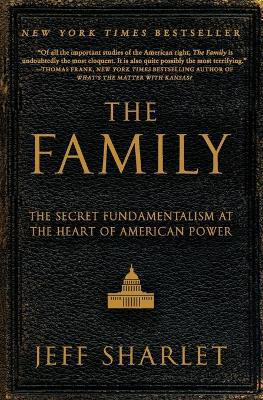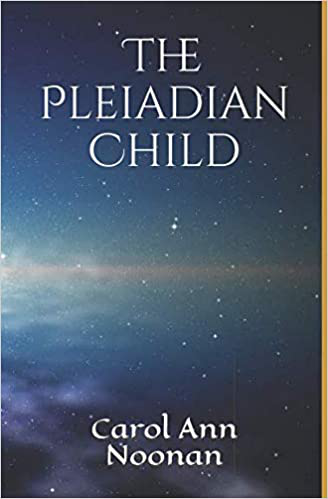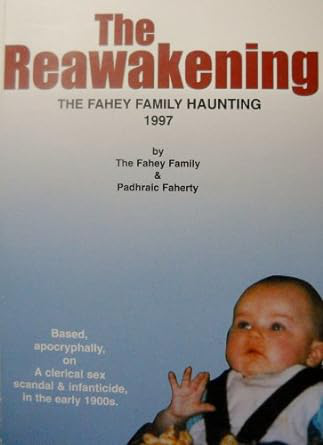Pope Francis Dies at 88 After 12-Year Pontificate
General News
Monday 21st, April 2025
4 minute read.
Pope Francis, the 266th leader of the Roman Catholic Church and the first ever pontiff from Latin America, has died today, 21st April 2025, at the age of 88. The Vatican announced that he passed away at 7:35 a.m. local time at his residence in Casa Santa Marta, within Vatican City.
The official statement read: "At 7:35 this morning, the Bishop of Rome, Francis, returned to the home of the Father. His entire life was dedicated to the service of the Lord and of his Church."
Pope Francis, born Jorge Mario Bergoglio on 17 December 1936 in Buenos Aires, Argentina, was elected in March 2013 following the resignation of Pope Benedict XVI. His papacy lasted just over 12 years and was marked by efforts to reform Church governance, promote social justice, and address contemporary global issues such as climate change, migration, and poverty.
Francis chose his papal name in honour of Saint Francis of Assisi, reflecting a commitment to humility, simplicity, and care for the poor. Throughout his tenure, he championed environmental protection, most notably with his 2015 encyclical Laudato si', and sought to make the Church more welcoming to marginalised groups.
In recent months, concerns about the Pope’s health had intensified. In February 2025, he was hospitalised with bronchitis that later progressed into bilateral pneumonia. He underwent blood transfusions to address low platelet levels and was diagnosed with mild kidney failure. Despite these challenges, Pope Francis continued his pastoral duties and delivered the traditional Easter Sunday Urbi et Orbi blessing from St Peter’s Basilica on 20 April.
Today, crowds gathered spontaneously in St Peter’s Square as news of his death broke. Pilgrims held candles, recited prayers, and sang hymns in his memory.
United Nations Secretary-General António Guterres paid tribute, stating: "Pope Francis was a tireless advocate for peace, dignity, and dialogue among peoples."
Italian President Sergio Mattarella remarked: "The world loses a guide of humanity, a man who spoke to the conscience of believers and non-believers alike."
According to the Vatican, Pope Francis’ funeral will take place on Saturday, 3 May 2025, at 10:00 a.m. in St Peter’s Square. Cardinal Giovanni Battista Re, Dean of the College of Cardinals, will preside over the Mass. The ceremony is expected to draw hundreds of thousands of mourners, alongside numerous heads of state and religious leaders.
In accordance with the Pope’s personal wishes, the funeral rites will be more modest than those of his predecessors. Pope Francis requested burial at the Basilica of Saint Mary Major in Rome rather than in the traditional papal crypt beneath St Peter’s Basilica. His tomb will be simply marked with the inscription “Franciscus”.
During his pontificate, Francis travelled extensively, visiting more than 60 countries and covering an estimated 1.3 million kilometres. He frequently flew aboard the papal plane, which cruised at speeds of approximately 885 kilometres per hour.
He was widely credited with elevating global awareness of economic inequality, refugees' rights, and climate change. His straightforward style of communication and emphasis on mercy rather than judgment reshaped perceptions of the Catholic Church in the 21st century.
In financial matters, Pope Francis also made notable reforms, working to improve transparency within the Vatican Bank and encouraging a shift towards greater accountability. At the time of his death, the Vatican’s total charitable donations administered during his reign were estimated at over €500 million.
The College of Cardinals will now prepare for a conclave to elect a new Pope. According to Vatican regulations, the conclave must begin between 15 and 20 days following the Pope's death.
The faithful will be able to pay their respects as Pope Francis lies in state at St Peter’s Basilica starting tomorrow morning. Vatican officials have warned that due to high attendance, wait times may exceed six hours.
As tributes pour in from around the world, Cardinal Pietro Parolin, the Vatican Secretary of State, summed up the sentiment of many: "Pope Francis gave a voice to those without one, and reminded the Church of its true mission: to serve."
The official statement read: "At 7:35 this morning, the Bishop of Rome, Francis, returned to the home of the Father. His entire life was dedicated to the service of the Lord and of his Church."
Pope Francis, born Jorge Mario Bergoglio on 17 December 1936 in Buenos Aires, Argentina, was elected in March 2013 following the resignation of Pope Benedict XVI. His papacy lasted just over 12 years and was marked by efforts to reform Church governance, promote social justice, and address contemporary global issues such as climate change, migration, and poverty.
Francis chose his papal name in honour of Saint Francis of Assisi, reflecting a commitment to humility, simplicity, and care for the poor. Throughout his tenure, he championed environmental protection, most notably with his 2015 encyclical Laudato si', and sought to make the Church more welcoming to marginalised groups.
In recent months, concerns about the Pope’s health had intensified. In February 2025, he was hospitalised with bronchitis that later progressed into bilateral pneumonia. He underwent blood transfusions to address low platelet levels and was diagnosed with mild kidney failure. Despite these challenges, Pope Francis continued his pastoral duties and delivered the traditional Easter Sunday Urbi et Orbi blessing from St Peter’s Basilica on 20 April.
Today, crowds gathered spontaneously in St Peter’s Square as news of his death broke. Pilgrims held candles, recited prayers, and sang hymns in his memory.
United Nations Secretary-General António Guterres paid tribute, stating: "Pope Francis was a tireless advocate for peace, dignity, and dialogue among peoples."
Italian President Sergio Mattarella remarked: "The world loses a guide of humanity, a man who spoke to the conscience of believers and non-believers alike."
According to the Vatican, Pope Francis’ funeral will take place on Saturday, 3 May 2025, at 10:00 a.m. in St Peter’s Square. Cardinal Giovanni Battista Re, Dean of the College of Cardinals, will preside over the Mass. The ceremony is expected to draw hundreds of thousands of mourners, alongside numerous heads of state and religious leaders.
In accordance with the Pope’s personal wishes, the funeral rites will be more modest than those of his predecessors. Pope Francis requested burial at the Basilica of Saint Mary Major in Rome rather than in the traditional papal crypt beneath St Peter’s Basilica. His tomb will be simply marked with the inscription “Franciscus”.
During his pontificate, Francis travelled extensively, visiting more than 60 countries and covering an estimated 1.3 million kilometres. He frequently flew aboard the papal plane, which cruised at speeds of approximately 885 kilometres per hour.
He was widely credited with elevating global awareness of economic inequality, refugees' rights, and climate change. His straightforward style of communication and emphasis on mercy rather than judgment reshaped perceptions of the Catholic Church in the 21st century.
In financial matters, Pope Francis also made notable reforms, working to improve transparency within the Vatican Bank and encouraging a shift towards greater accountability. At the time of his death, the Vatican’s total charitable donations administered during his reign were estimated at over €500 million.
The College of Cardinals will now prepare for a conclave to elect a new Pope. According to Vatican regulations, the conclave must begin between 15 and 20 days following the Pope's death.
The faithful will be able to pay their respects as Pope Francis lies in state at St Peter’s Basilica starting tomorrow morning. Vatican officials have warned that due to high attendance, wait times may exceed six hours.
As tributes pour in from around the world, Cardinal Pietro Parolin, the Vatican Secretary of State, summed up the sentiment of many: "Pope Francis gave a voice to those without one, and reminded the Church of its true mission: to serve."



